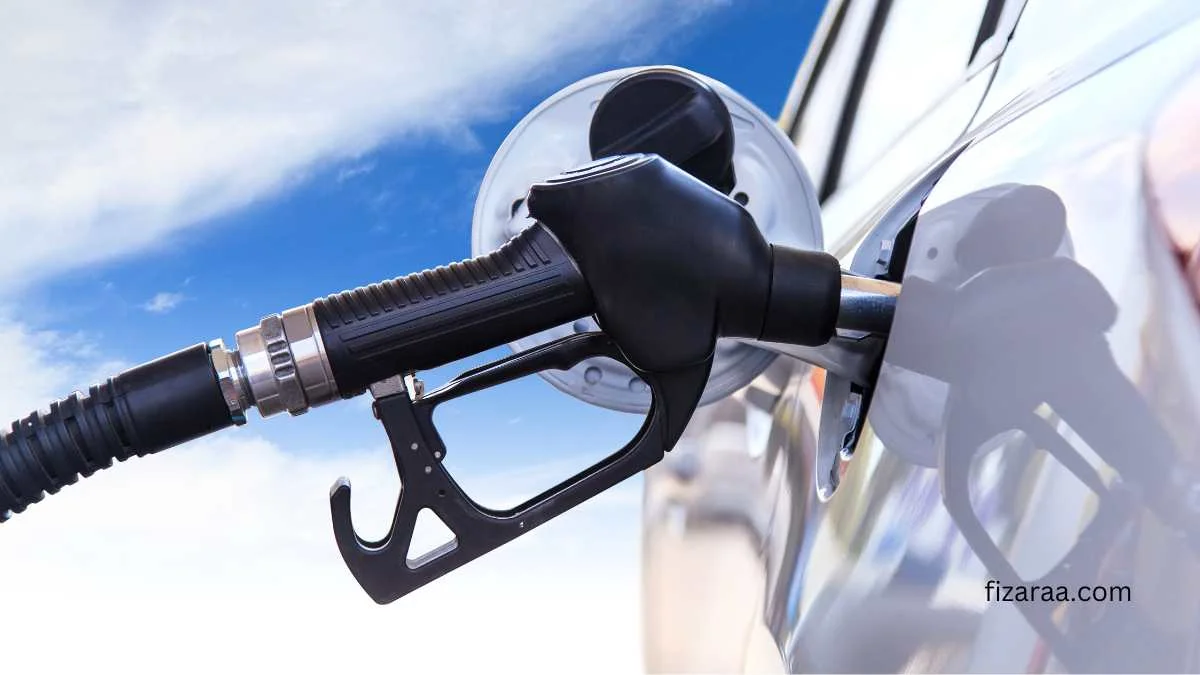Bad driving behavior can lead to fuel wastage, more miles driven, and increased wear and tear. All these factors lead to increased expenses without providing anything in return. Using fuel consumption monitoring systems for vehicles can help identify negative driving habits and take remedial measures. Examples of such driving behaviors include excessive idling, aggressive cornering, forceful stops and starts, and inconsistent highway speeds.
Explore the impact of bad driving habits on your fleet’s efficiency and the role of fuel monitoring systems on it.
Benefits of Fuel Monitoring Systems
When you use fuel consumption monitoring systems, you will be better positioned to identify inefficiencies due to various factors including poor driving habits. Such systems work by:
- Detecting harsh braking, excess speeding, and rapid acceleration
- Monitoring driving habits & idling
- Analyzing data to identify drivers requiring training
Such a system equips you with the information required to promote fuel-efficient practices.
Increased Profit Margins
Effective fuel management can increase your profit margins. Fuel is a big cost factor for companies that operate fleets. Addressing poor driving habits can help improve your fleet’s fuel economy and reduce fuel consumption.
Improving Safety
The cost of covering injuries from accidents can sometimes be as high as $4.5 million. However, the long-term medical costs and productivity losses can be much higher. Fuel consumption monitoring provides you with a ‘bird’s eye view’ of the driving habits of your drivers without being present everywhere. It doesn’t need any mention that safety is most important for any fleet manager. Bad driving habits such as speeding, aggressive driving, and hard braking have the potential to cause accidents. Access to Valuable Data
Typically, when drivers are on the road, it can be difficult to measure their performance. A fuel monitoring system can, however, allow managers to know how each employee is driving. Access to the data can also help you determine which routes need re-optimization.
Identifying Drivers Who Need Training
Fuel management data can also help identify drivers who are in need of training. Besides, it makes it easier to customize the training programs according to your fleet’s requirements. This can further lead to improved fuel efficiency and overall safety.
Regular driving training is seen as an essential practice for avoiding dangerous driving habits. Fuel consumption monitoring systems have been proven to be valuable tools for detecting and avoiding these high-liability challenges.
Studies show that 40% of drivers make positive changes to their driving habits after receiving their first warning. Training them can make an even bigger change.
Another study found that implementing systems that combine telematics and driver intervention has a direct impact on fuel efficiency and safety. Unsafe driving habits such as hard braking, sudden acceleration, and rapid lane changes decreased by 50% while fuel economy increased by up to 9%.
Understanding Driver Behavior Data
Promoting positive driving behavior can have a big impact on your business. Besides increasing fuel consumption, these habits can also increase your company’s liability costs when accidents happen. Road accidents also have an impact on the brand image of a company.
Detecting bad driving habits and addressing them on time can help prevent loss of productivity in your company. Thus, fuel consumption data can act as the eyes and ears for fleet managers without the need to be there with each driver.
Conclusion
Thus, integrating fuel consumption monitoring systems into fleet management systems can help reduce fuel costs and improve safety. The data provided by the system can help you create a tailored training program for your drivers. The overall impact is a growth in profit margins. These benefits also make your business more sustainable in the long term.









